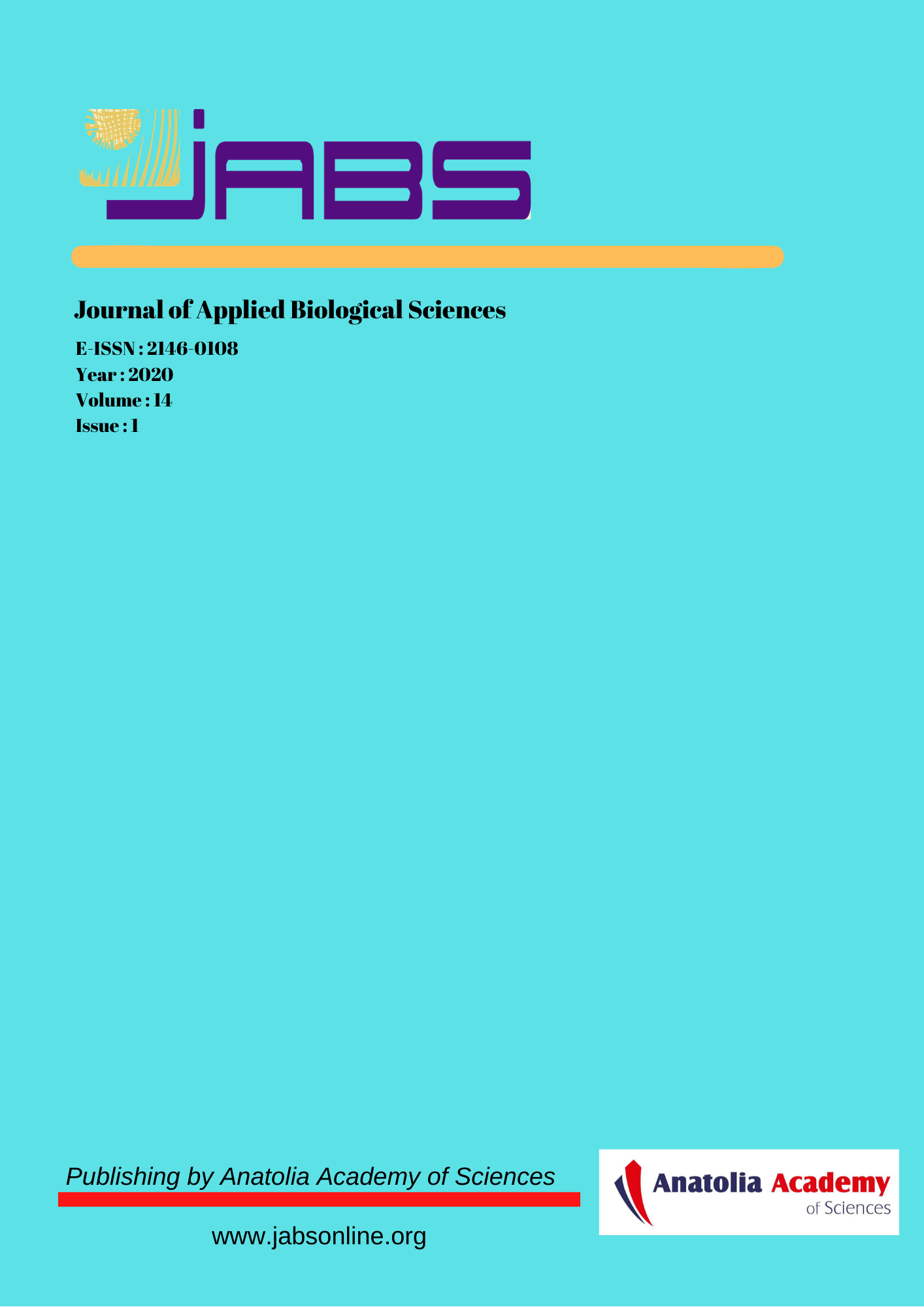
Journal of Applied Biological Sciences
Yazarlar: Yavuz Cakir
Konular:-
Anahtar Kelimeler:Estrogen sulfotransferase,EST,Sulfation,MAPK,Estrogen,Breast cancer,MCF-7
Özet: Estrogen sulfotransferase (EST) enzyme conjugates estrogens to protect the cells from estrogen-initiated carcinogenesis by inactivating biological actions of estrogens. In the breast tissue, sulfation reaction occurs in the target cell, and the sulfated estrogens do not bind to their nuclear receptor. The transfection of EST into MCF-7 cells (MCF-7/EST) decreased the response of these cells to estrogen stimulation leading reduced cell proliferation and growth. In this study, we investigated the role of EST in the regulation of MAPK signal transduction pathway in MCF-7/EST cells treated with estradiol (E2). We demonstrate that MAPK was activated by E2 in both MCF-7/EST and control cells (MCF-7/PCDNA) in a concentration dependent manner. The concentrations of E2 to activate MAPK were much lower in MCF-7/EST cells than control cells. In both cell line, E2 did not activate c-RAF-1 protein kinase activity. In MCF-7/EST cells, E2 did not cause any significant change in the expression of nuclear estrogen receptor (nER). The specific ER antagonist ICI 182,780 significantly decreased MAPK activation caused by E2 at only 1 hour in the EST cells, and this activity was abolished by E2. However, in MCF-7/PCDNA cells, ICI 182,780 significantly reduced the activation of MAPK at only 24 h, and E2 abrogated the inhibitory effect of ICI 182,780 on the MAPK protein. Therefore, our data indicate that in both cell lines the MAPK is activated by other signaling pathways or mechanisms than classical Ras-Raf-MAPK-ERK pathway, and that stimulatory effects of E2 on the MAPK activation in MCF-7/ EST cells may be attributed to a novel membrane receptor that may regulate the signal transduction pathways involved in the aberrant cellular proliferation. In breast cancer cells, estrogen-stimulated MAPK phosphorylation within seconds or minutes indicates that estrogen by binding a putative mER might act to modulate MAPK pathway in the cytosol or membrane.